Margaret Troxell (1909-2002) was a pioneering local journalist who helped found the Northern Virginia Sun.

Oral histories are used to understand historical events, actors, and movements from the point of view of real people’s personal experiences.
Margaret Troxell moved to Arlington in 1932 after attending St. Joseph College in Maryland. She first worked for the Commonwealth Monitor, where her salary started off at $8 (half of which was used to pay for her rent as a boarder on Fillmore Street). She later took on part-time work at the Washington Post and the Washington Times, as well as a music studio manager and music instructor, teaching guitar and mandolin.
To make ends meet, she also did news broadcasts for the first radio station in Arlington, WARL. In 1935, Troxell and a group of other local journalists founded the Sun, a weekly paper based in Arlington. There she worked as a journalist and editor and was known for never missing a County Board meeting in her 16 years as news editor.
Troxell and the other owners sold the Sun in 1951, and it is now known as the Northern Virginia Sun. Later in life, Troxell opened a public relations office and worked on numerous campaigns around the County. She lived in Colonial Village for over 40 years, and outside of journalism, was an active member of Arlington’s Business and Professional Women’s Club and the Virginia Conservation Commission.
In the following oral history interview, Margaret Troxell discusses what initially inspired her to become a journalist, and how she became interested in writing.
Margaret Troxell’s press pass, issued October 22, 1946
Narrator: Margaret Troxell
Interviewer: Ellen MacMahon
Date: 1984
Note: The audio for this interview is currently unavailable.
Ellen MacMahon: Can we talk, then, about your work - when you got started in journalism and what made you choose journalism.
Margaret Troxell: Well, when I was in school, in those days, professions for women were somewhat limited to teaching or nursing or something like that and, of course, I had started writing just as a child. I have a vivid imagination, and I used to send articles and stories to papers and I would have them returned with a check when I was just 10, 12 years old - and, of course, they had no idea how old I was. And this was very encouraging so when I reached the college level each summer in high school I worked on a newspaper.
EM: A local newspaper?
MT: Local newspapers. Since we had this summer home in Emmetsburg, I worked on the Emmetsburg Chronicle, and that was a weekly - and I went in to see the editor, and he told me he couldn't pay me anything. That was perfectly all right because at the time I didn't need any money. But he taught me so much. And we had a regular barter system. I used to go out and collect bills, and if people couldn't pay, I'd take a bushel of apples, a couple of chickens or a ham. That was a lot of fun. And then I worked on The Baltimore Sun one summer - different papers, Gettysburg Times and a little paper in Thurmont - and that was very interesting because I went there just to work on the paper, and the editor became very ill, and I ran the paper all summer.
EM: What an experience.
MT: That was quite an experience. It gave me a lot of experience. Then when I was ready to go to college, the family had a conference, and they decided that newspaper was not for their daughter, certainly not. My father was very broadminded, and he said, "Sis, you stick to your guns, and I'm on your side." So it was finally agreed that I could take journalism if I also took education. So I am a graduate teacher.
A selection of clippings from some of Margaret Troxell’s human interest articles, from the Northern Virginia Sun (Dates from right to left: October 13, 1939; September 15, 1939; August 25, 1939)
This interview is available at the Center for History, and issues of the Sun and Northern Virginia Sun are available online through the CLH Community Archives and through Virginia Chronicle.
The goal of the Arlington Voices project is to showcase the Center for Local History’s oral history collection in a publicly accessible and shareable way.
The Arlington Public Library began collecting oral histories of long-time residents in the 1970s, and since then the scope of the collection has expanded to capture the diverse voices of Arlington’s community. In 2016, staff members and volunteers recorded many additional hours of interviews, building the collection to 575 catalogued oral histories.
To browse our list of narrators indexed by interview subject, check out our community archive. To read a full transcript of an interview, visit the Center for Local History located at Central Library.
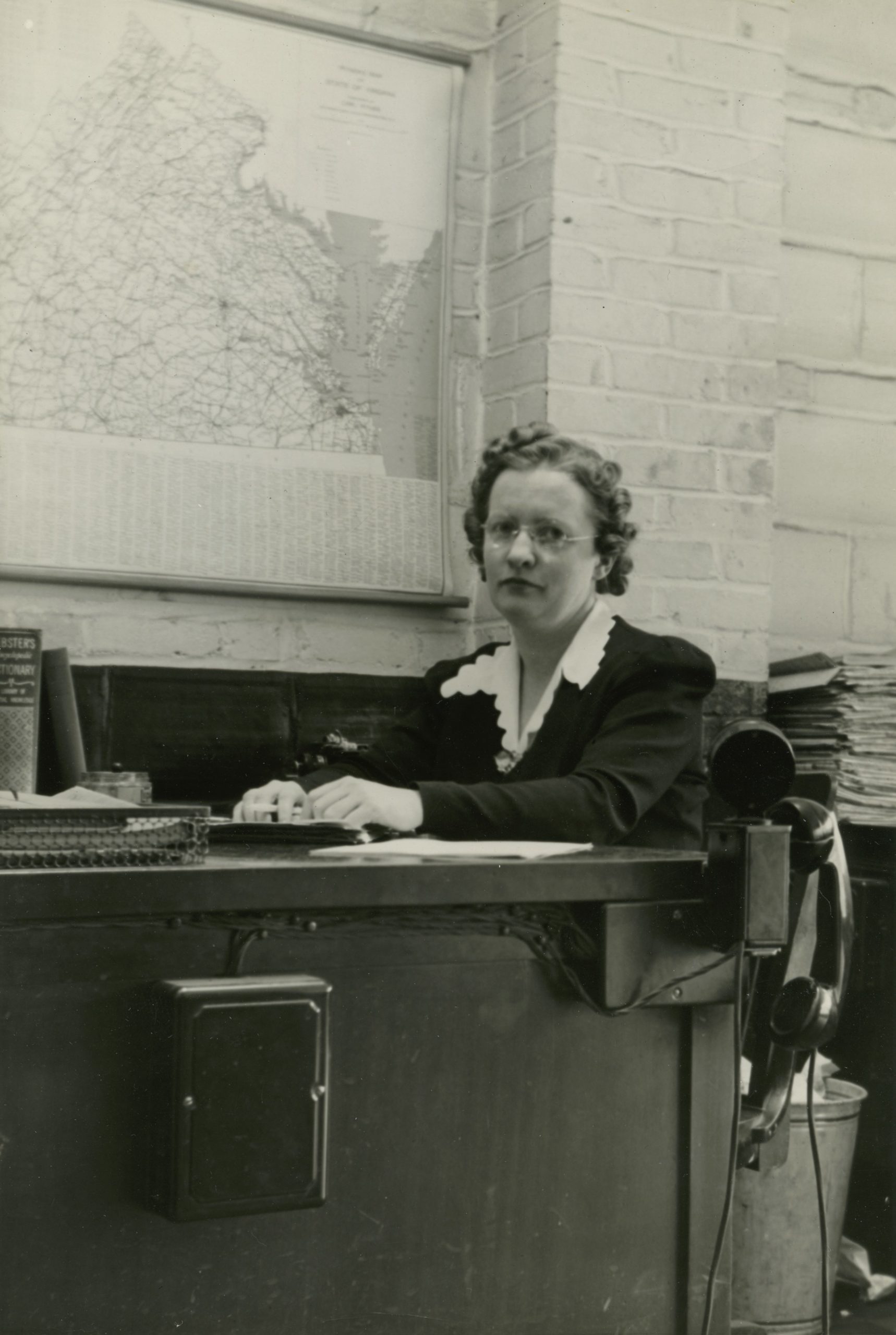
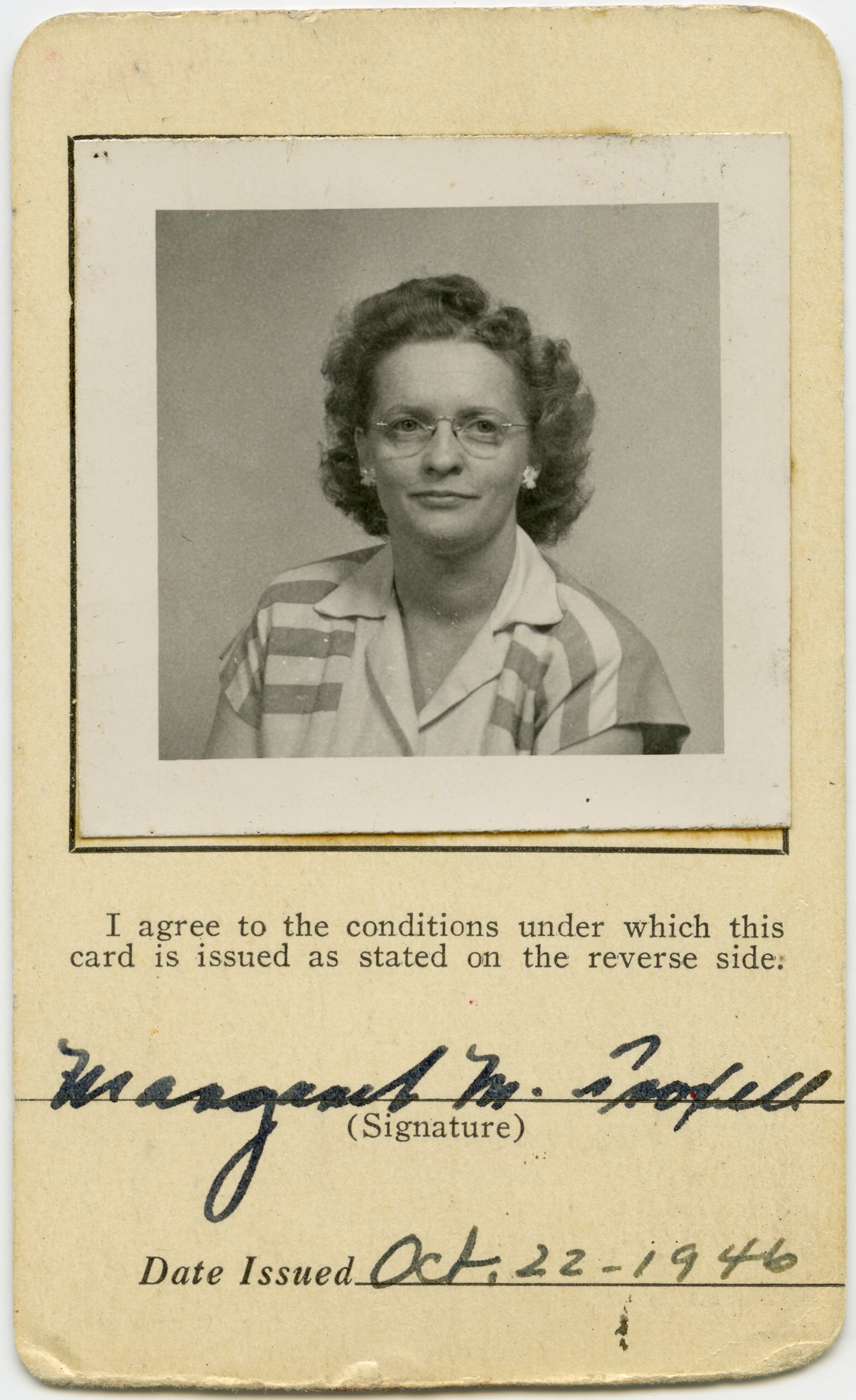
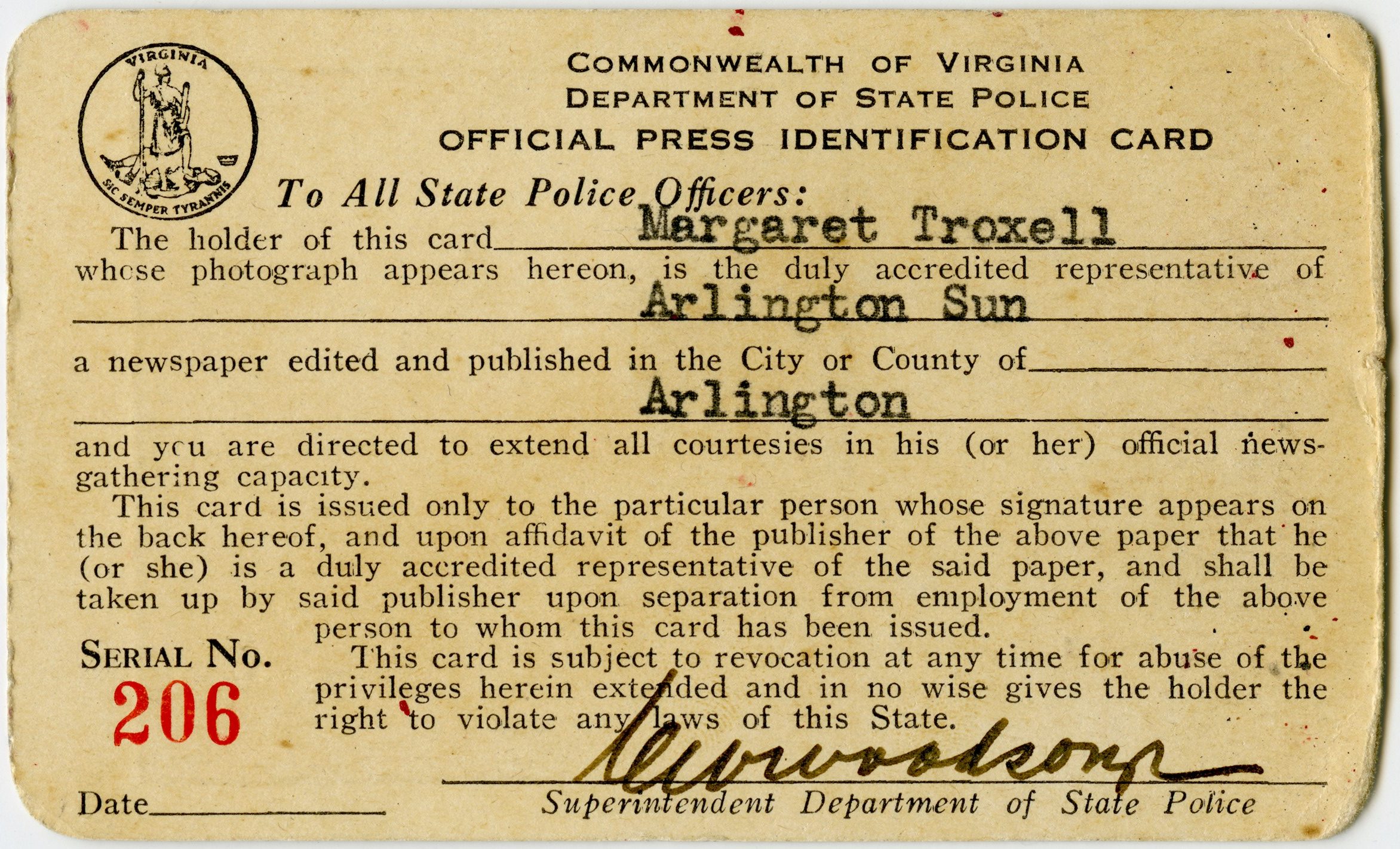
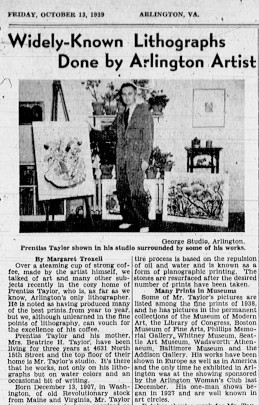
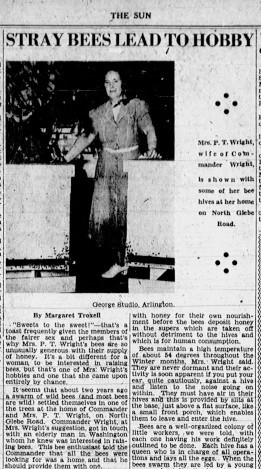
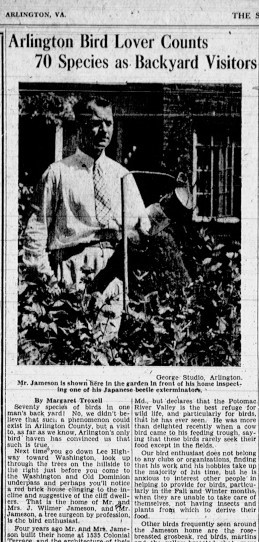
I very much enjoy coming to know and reading about the histories of Arlington residents who have made significant contributions to our community. Please keep disseminating this information — and thanks!